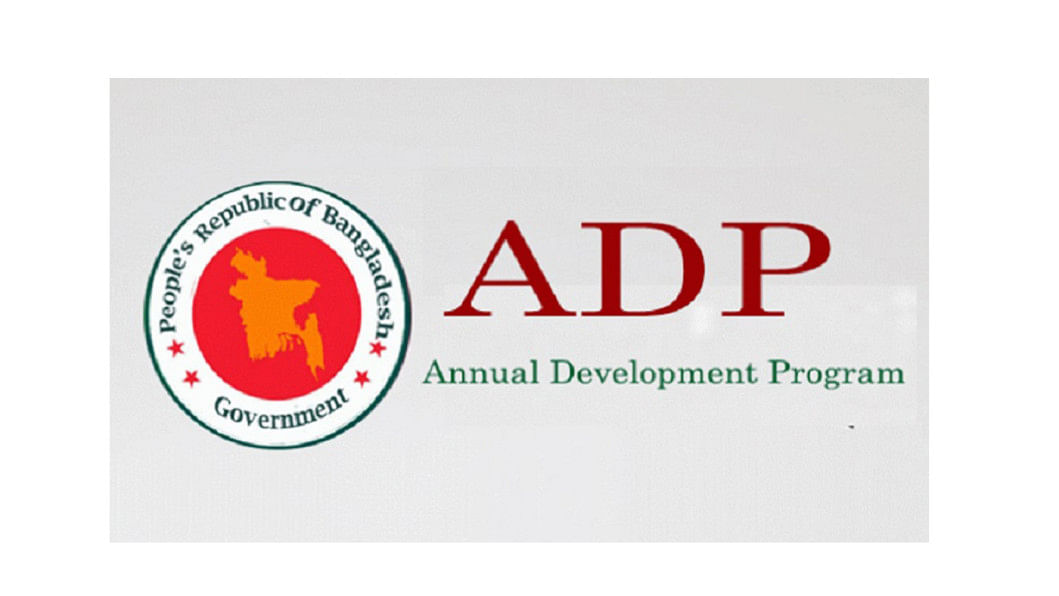ADP spending in July-May hits four-year low

Spending under the annual development programme (ADP) hit a four-year low in the first 11 months of the current fiscal year, owing to a slower implementation rate centring the national elections.
Development spending dropped 4.19 percent in the July-May period of FY24 compared to the same period of the year prior.
The government managed to spend Tk 146,375 crore from the ADP in the 11-month period, according to data of the Implementation Monitoring and Evaluation Division (IMED).
The development spending amounted to Tk 146,021 crore, or 61.73 percent of the ADP, in the same period of the previous fiscal year.
In the first 11 months of FY24, the implementation rate reflected 57.54 percent of the total ADP allocation of Tk 254,391 crore.
During the 11-month period over the past five years, the lowest ADP implementation rate was seen in FY20, when it hit 57.37 percent.
That year, the government managed to spend Tk 122,131 crore out of a total allocation amounting Tk 209,272 crore.
Of the total ADP allocation in FY24, the government so far spent Tk 161,500 crore from its own fund, which represents 63.48 percent of the total spending.
Another Tk 83,500 crore was spent from foreign loans, which accounted for 32.82 percent of total expenditure, and around 3.69 percent of the total spending came from state-owned enterprises.
Among the 15 highest recipients of ADP allocations, the power division was the top performer in the July-May period in terms of implementation rate.
It spent 77.01 percent of its allocation, amounting to Tk 2,315 crore, followed by the science and technology ministry at 72.89 percent.
The shipping ministry was the worst-performing division in the July-May period, spending 42.43 percent of its budget.
Ashikur Rahman, principal economist of the Policy Research Institute of Bangladesh, said the ADP execution may have slowed for around three months during the time of the national elections.
"The government agencies could not fill up the gaps due to uncertainties centring the election," he said.
Rahman added that the average implementation rate in Bangladesh had been nearly 85 percent over the years, which should be over 90 percent to make the economy more functional.

 For all latest news, follow The Daily Star's Google News channel.
For all latest news, follow The Daily Star's Google News channel. 



Comments